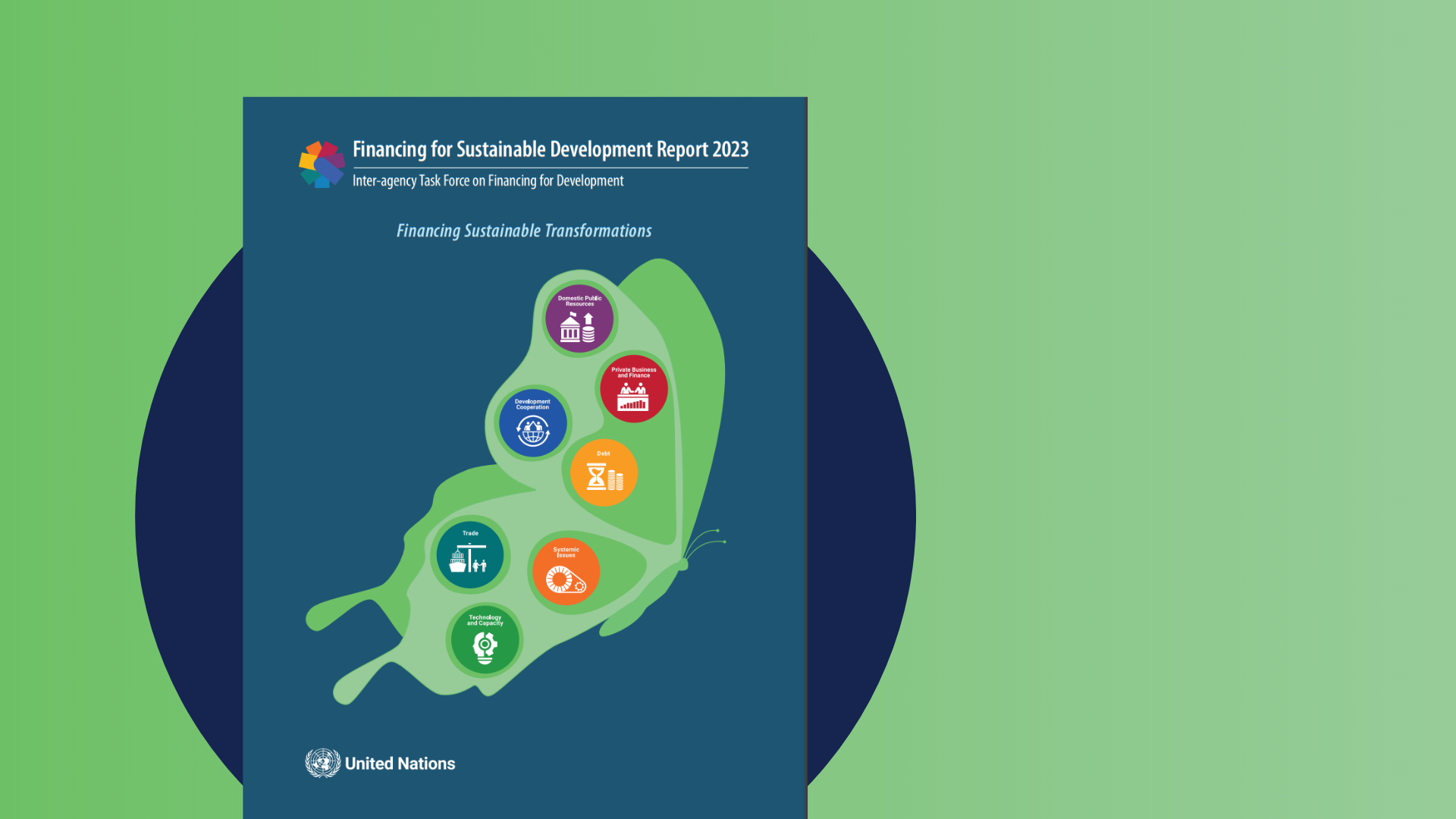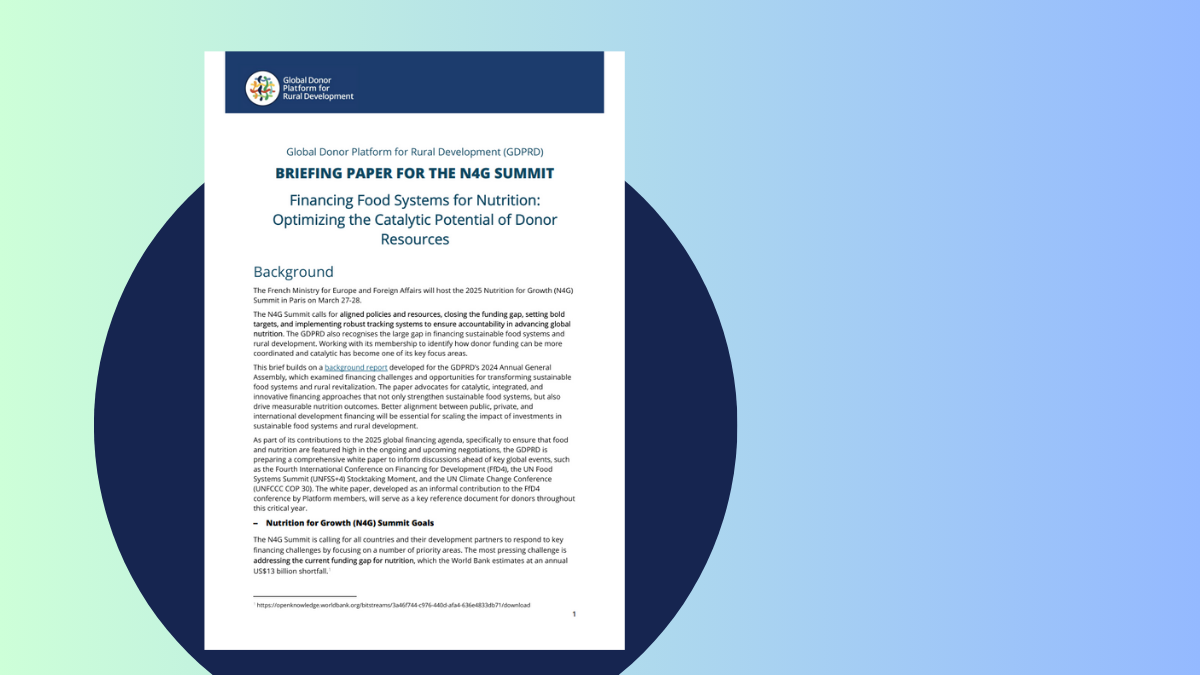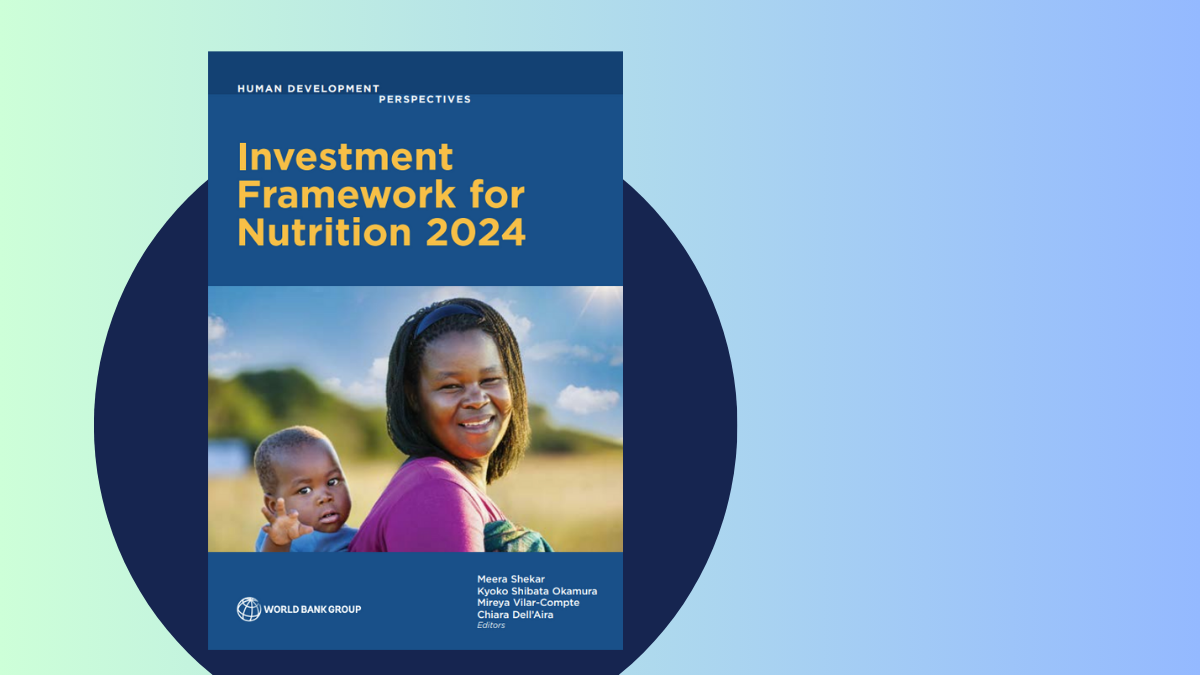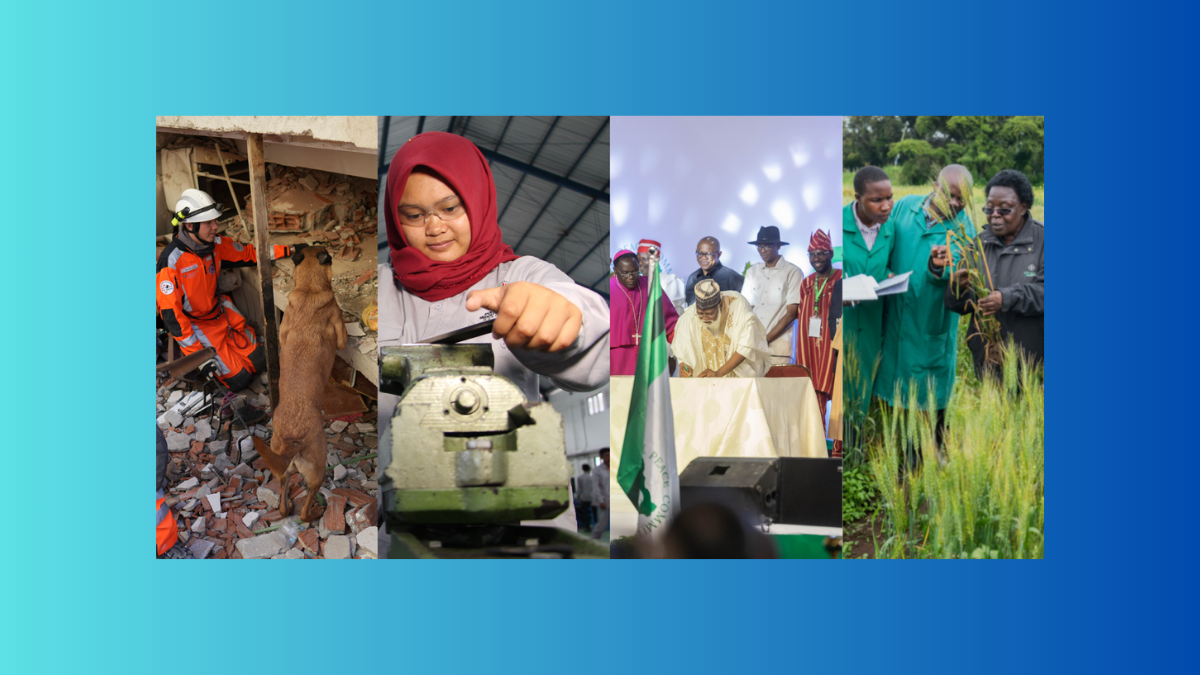Sustainable development prospects continue to diverge between developed and developing countries. The United Nations 2023 Financing for Sustainable Development Report finds that SDG financing needs are growing, but development financing is not keeping pace.
Links

The war in Ukraine, sharp increases in food and energy prices, and rapidly tightening financial conditions have increased hunger and poverty and reversed progress on the SDGs. If left unaddressed, a “great finance divide” will translate into a lasting sustainable development divide.
Stakeholders must maintain a long-term focus on resilient and inclusive development, while addressing near-term crises. Delaying investment in sustainable transformations is not an option – not only because it would put the 2030 Agenda and climate targets out of reach, but also because it would exacerbate financing challenges down the line. This report calls on the international community to take advantage of this moment to align financing with sustainable development through three sets of actions.
The world is at a crossroads. The international community must deliver on the outstanding promise of the Addis Ababa Action Agenda, deliver sustainable transformations, and achieve the SDGs.
Sustainable Transformations: the breakthrough to achieve the SDGs





